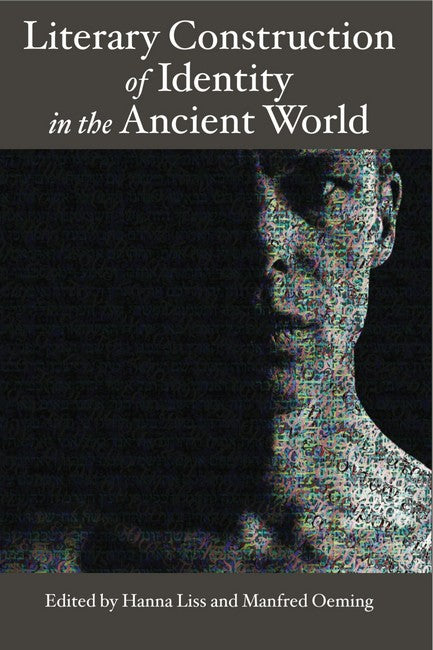Preface
Abbreviations
Part 1: Thinking of Ancient Texts as Literature
Memory, Narration, Identity: Exodus as a Political Myth Jan Assmann
Narrative Poetics and Hebrew Narrative: A Survey Joachim Vette
Is There a Universal Genre of ‘Drama’? Conjectures on the Basis of ‘Dramatic’ Texts in Old Testament Prophecy, Attic Tragedy, and Egyptian Cult Plays Helmut Utzschneider
Narratology and the Classics: The Proof of the Pudding Irene J. F. de Jong
Part 2: The Identity of Authors and Readers
Ancient Writers, Modern Readers, and King Ashurnasirpal’s Political Problems: An Exploration of the Possibility of Reading Ancient Texts Barbara N. Porter
The Achilles Heel of Reader-Response Criticism and the Concept of Reading Hermeneutics of Caution Christof Hardmeier
Tell Me Who I Am: Reading the Alphabet of Ben Sira Dagmar Börner-Klein
The Powers of a Lost Subject: Reinventing a Poet’s Identity in Catullus’s Carmen Melanie Möller
Part 3: Fiction and Fact
Forms of Talk in Hebrew Biblical Narrative: Negotiations, Interaction, and Sociocultural Context Frank H. Polak
Of Mice and Men and Blood: The Laws of Ritual Purity in the Hebrew Bible Hanna Liss
Fiction and Imagination in Early Christian Literature: The Acts of the Apostles as a Test Case Ute E. Eisen
Fictions and Formulations: The Talmud and the Construction of Jewish Identity David Kraemer
Are Vocation Texts Fictional? On Hesiod’s Helicon Experience Geritt Kloss
Part 4: Rereading Biblical Poetry
From Aristotle to Bakhtin: The Comedic and the Carnivalesque in a Biblical Tale Nehama Aschkenasy
Where Is Isaiah in Isaiah? Francis Landy
Job 28 and the Climax in Chapters 29-31: Crisis and Identity Jan Fokkelman
Part 5: Modeling the Future by Reconstructing the Past
Samuel’s ‘Farewell Speech’: Theme and Variation in 1 Samuel 12, Josephus, and Pseudo-Philo Joachim Vette
The Exile: Biblical Ideology and Its Postmodern Ideological Interpretation Adele Berlin
Indexes

